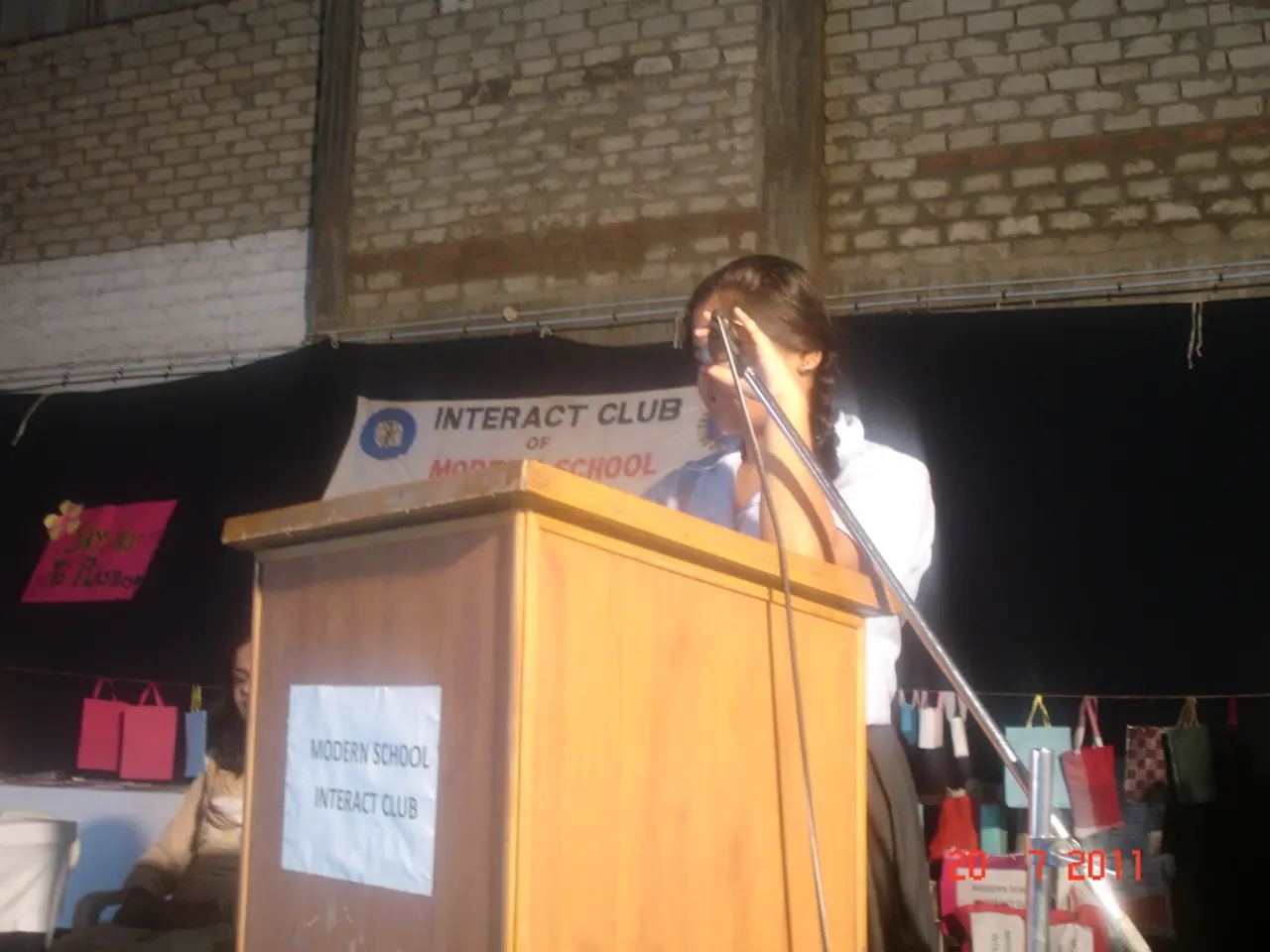"Fraudulent questionnaires offering prizes touted as a novel swindle."
Winning Big? Think Again!
Hey there, buddy! Let me tell you all about this sneaky scam making the rounds on Facebook Messenger. You might've seen it – an invitation to participate in a survey and score a whopping 100,000 Kazakhstani Tenge! But hold your horses, partner, 'cause this ain't no honest game.
You're led to a simple website, hosting an interactive survey. Four easy-peasy questions, a prize of your choosing, and voila! Your winnings, right? Well, think again! This so-called celebration of Facebook's 20th anniversary, founded by ol' Mark Zuckerberg, is deceiving. In reality, Facebook wasn't even 20 years old at the time. But hey, some folks won't bother to check, right? So they keep playing, hoping to score big.
After answering those four questions, you'll get a slew of gift boxes on your screen, telling you that you've won 100,000 Tenge! Don't go popping the champagne just yet, because if you hand over sensitive details like full name, ID number, card details, or even pay a bogus "tax", you're gonna get scammed.
But how do we know it's a scam?
It's simple. If a site asks for money to claim a prize or wants to withdraw your virtual earnings, it's probably trying to rip you off. Scammers are using quiz sites with surveys to draw in victims with the lure of cash. But to claim the big bucks, they'll demand your personal info. Don't get fooled by those fake reviews and big promises – it's all smokes and mirrors!
** Spotting the lies:**
- If it seems too good to be true, it probably is! Watch out for surveys promising huge sums of money.
- Check for typos and poor grammar in the website URL – chances are it's a scam.
- Be cautious of requests for your personal details or financial information. Legitimate sites won't ask for your card number or three-digit code on the back of your card.
- Design a healthy dose of skepticism. Marketing companies target specific audiences, so a mass invite is usually a sign of a scam.
- Genuine surveys are usually one-time offers and don't allow permanent participation.
Remember, even if you've already handed over your information, don't relax! Your private details can be used later on, like by phone scammers pretending to be bank managers or other official entities. If you've fallen for the scam, blocked your card, change your mobile banking passwords ASAP and contact your bank and law enforcement agencies.
Stay smart, folks! Protect your personal information online by being discerning, questioning the legitimacy of quizzes and surveys, and keeping your guard up. Don't let scammers get one over on you!
- This Facebook Messenger scam, promising 100,000 Kazakhstani Tenge, is surprisingly similar to questionnaire offers related to personal finance.
- Be cautious of Facebook quizzes that offload an 'unlucky' claim on participants, trying to lure them with the bait of finance-related rewards.
- Scammers, camouflaging as Facebook, have been using questionnaire sites to extract sensitive data under the pretext of finance-related prize winnings.
- If you received an offer for a random financial reward from an unknown source on Facebook, remember it's better to be safe than sorry – avoid filling out the questionnaire at all costs.




